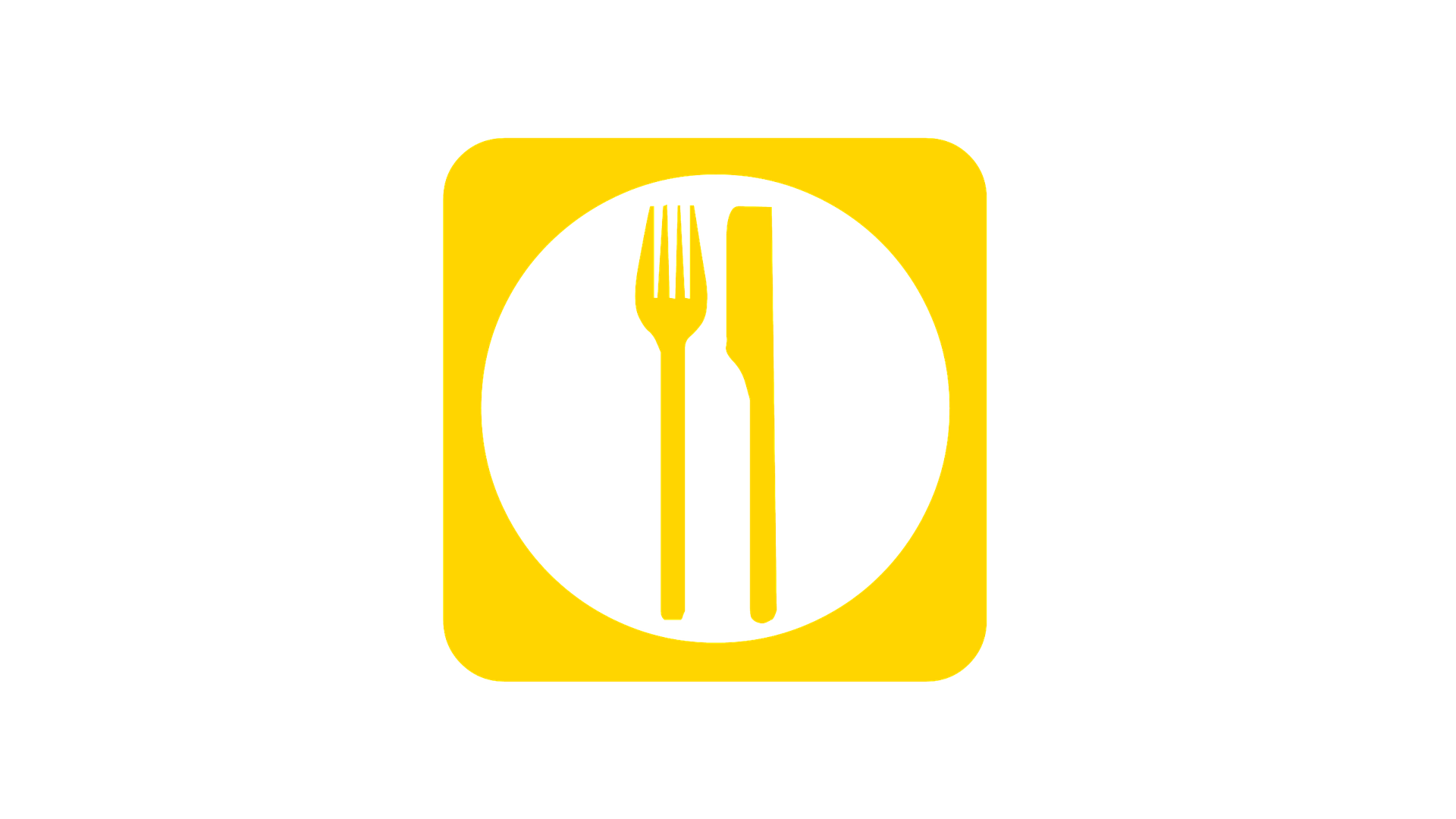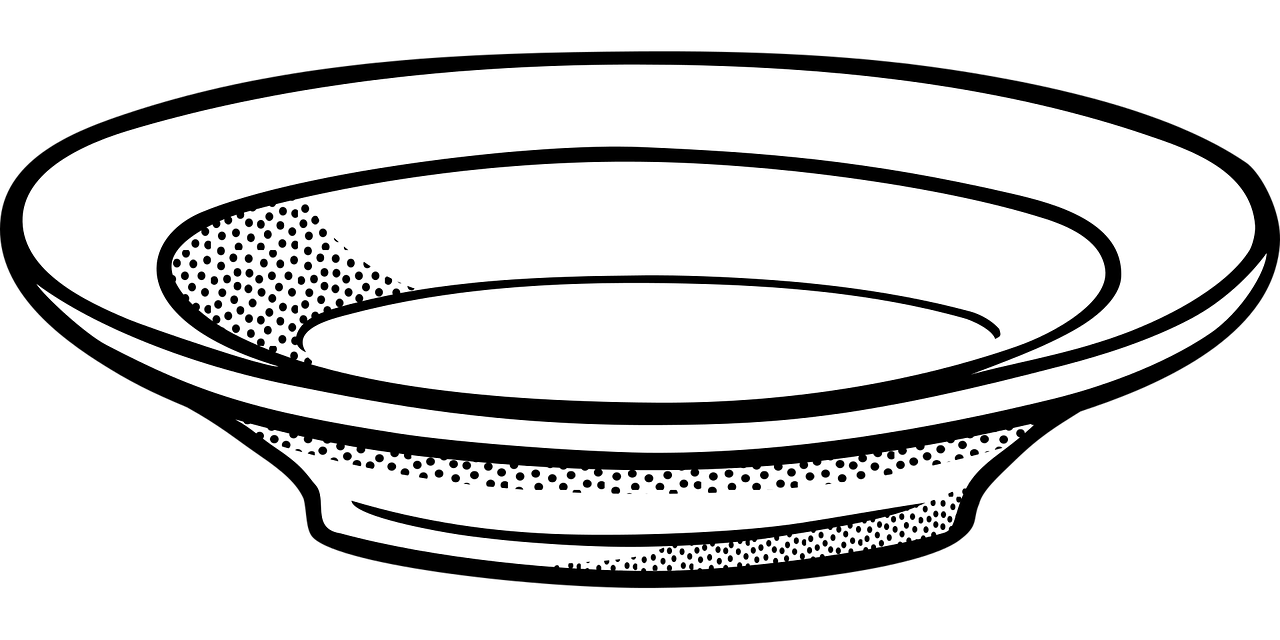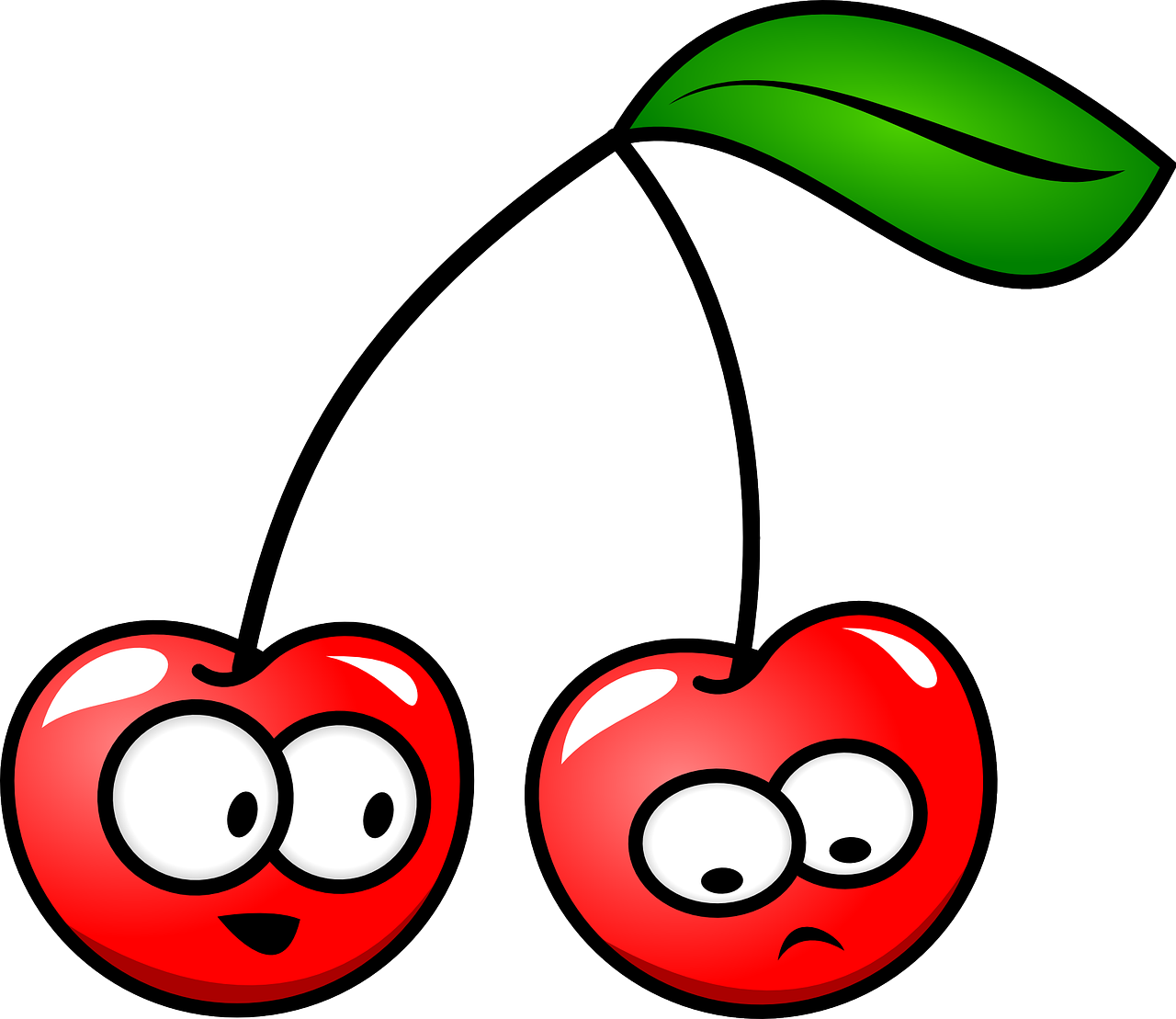
Excess eating
We are Saturday night and you relax in front of the TV after a hectic day. All of a sudden, you are Hungry . Instead of fruits, you opt for a bowl of sugar-free delicacies, which calls for a second, then a third. And even before you realize it, there is no more, leaving you with regrets. Do you think this situation is familiar? We are all guilty of overeating from time to time and despite our desire to be healthier, we sometimes tend to eat even more than usual. But for what reasons? Is this linked only to hunger? .

THE PLATES: YOU ARE WHAT YOU EAT
This may sound a bit strange, but think about it: various studies have shown that people who eat on smaller plates tend to eat less than those who use larger ones. Their color is another factor that could also cause your excess food: if the food and the plate are the same color, people tend to eat more. This is due to the fact that the color contrast is not sufficiently pronounced, thus misleading our perception of the size of the portions. So it's worth trying to use smaller plates and choose their color wisely to reduce the amount of food you consume. Let your plate control your serving!
IN-CASE: AWAY FROM THE EYES, FAR FROM THE HEART
Most people are unaware of how their cravings are triggered. Having a snack in our field of vision is a good example. If you put a bowl of chocolate on the kitchen worktop and you pass in from time to time, you will automatically trigger your chocolate cravings. But it also works in the other direction. Simply replace the chocolate with fruit and you will automatically increase the amount of fruit you eat each day.

TELEVISION ADVERTISING: AVOID TEMPTATION
You're probably just wondering what your relationship is with weight loss. To tell the truth, there is one thing that can help you lose weight: avoid ads. Why ? Simply because advertisements often present you with particularly delicious foods that convince you that you are hungry, even when it is not. Moreover, if you have the craze to spin in the kitchen to take a biscuit every time your favorite show is interrupted by advertising, it gradually turns into a bad habit. Be smart and avoid ads.
DISTRACTIONS: STAY CONCENTRATE ON FOOD
Have you ever heard of "conscious" food? This concept is actually very important for weight loss, since it counteracts one of the reasons why many people eat to excess: distractions. Studies have shown that people who eat in front of television, for example, tend to eat more. They catch their favorite snack and end up being so absorbed by their favorite series that they do not realize how much food they have ingested. Eating by staying attentive to what you consume can save you a lot of unnecessary calories. Concentrate on each bite, eat gently and chew long.

TOO EAT AFTER A TRAINING SESSION: BE REALISTIC ABOUT YOUR ENERGY EXPENDITURES
Let's be honest, who never thought of the delicious snack that awaited him after intense training? Or did you use the phrase "you deserved it" to justify an excess at the end of a session? At one time or another we all used physical exercise as an excuse to eat more than usual and we ended up consuming more calories than we actually burned. There is no problem eating after a workout, and it is even recommended, but always be realistic about your energy expenditure. Calculate the number of calories you burn on average during a session and try to find a suitable snack. It must restore your energy reserves, without hurting the hard work you have provided.
Let's be honest, who never thought of the delicious snack that awaited him after intense training? Or did you use the phrase "you deserved it" to justify an excess at the end of a session?
- Many people use their workouts as an excuse to eat whatever they want after exercise. However, what they did not understand is that such behavior can cause them to regularly commit excesses without even noticing it. And suddenly, they end up consuming more calories than they actually burned. You plead guilty? In this case, continue reading to find out how to fix it and what a healthy snack should look like after training.
WHY DO WE GO TO EAT AFTER A TRAINING SESSION?
The psychology of "reward"
At first, it is difficult to train regularly. We have to get out of our comfort zone. We often wonder why we do it. And before you can see the results, many are looking for another type of reward. This is where the sweets come in. The problem is that in most cases we do not opt for the healthiest "sweets", but rather for variants rich in sugars And calories. But it does not matter, "because I deserved it".Estimating calories burned
Several studies have also shown that many people completely overestimate the number of calories they burn during training and underestimate the amount of calories they consume after exercise. They end up absorbing more calories than they burned.
HOW CAN I HAVE OVEREAT AFTER A SESSION?
Do not starve yourself. The more hungry you are, the more likely you are to eat more than you need. Eat regularly. Try to find snacks and treats as delicious as healthy, which will not hurt your results or the effects of your workout.
Next, try to be realistic about your energy expenses. Do some research to find out how many calories you burn on average during your workout, and at the end of your session try to choose a healthy and appropriate snack.
HERE IS THE REAL TROUBLESHOOTING REQUIRED AFTER THE TRAINING:
This snack should allow you to replenish energy and provide your body with enough protein to increase the volume and strength of your muscles, as well as repair muscle tissue damaged by workout.
It must be nutritious and contain carbohydrates and proteins, which will keep you satiated longer. You can very well eat a full meal or prepare a smoothie composed of fruits and a source of protein.

USE OF ARTIFICIAL SWEETENERS: DO NOT CRUSH EVERYTHING YOU READ ON PACKAGINGS
Artificial sweeteners, such as aspartame, saccharin, potassium acesulfame and sucralose, are synthetic food additives that have a sweet taste but do not contain any calories. This seems too good to be true? It's because it is. Studies have shown that sweeteners Artificial effects have a counterintuitive effect and can actually cause people to gain weight. The regular consumption of these sweeteners, in coca light for example, is much more likely to lead to weight gain. This is because, in response to the sweet taste, the brain responds naturally by sending signals to eat even more, leading to an overconsumption of calories. Instead, why not try natural sweeteners, such as honey or maple syrup? Not only are they effective, they also contain nutrients and enzymes essential for health.
Have you decided to give up sugar? You've heard it's bad for health and are now looking for a "healthier" alternative, such as agave syrup or artificial sweeteners?
Stop! Before opting for a particular sweet substance, find out if the most common alternatives are really as good as one might think. Read on to find out more.
THE FRUCTOSE
Fructose is often considered "harmless" because it is found in fruits. If you have nothing to worry about fructose fruit (see below), its synthetic form can, on the other hand, be detrimental to your health.
The synthetic version is present in processed foods and also in large quantities in high fructose corn syrup (HFCS) as its name implies. This syrup is found in a wide variety of foods, such as breakfast cereals, sweetened beverages or biscuits. Several studies have shown that the transformation of fructose into fat occurs even more rapidly than that of normal glucose. Moreover, when we compare the two, we note that the fructose does not satisfy as much as the glucose. This is why fructose is considered the sweetener making the most fat.

THE FRUITS
It is true that fruits contain sugar, but they are also rich in fiber, vitamins, minerals, trace elements and antioxidants, which are essential to your health. In addition, fruits have a low energy density, which means they have a relatively low amount of calories for a large volume of food. It is then difficult to make excesses by eating fruits. For example, apricots contain only 0.8 g of sugar per 100 g of fruit. And the bananas, 3.6 g of sugar per 100 g of fruit. What does that mean ? In summary, the fruits are great. They are tasty and essential to your health in general. Period.
THE SYRUP OF AGAVE
You probably already know this sugar substitute. Agave syrup is considered the healthiest alternative given its low glycemic index and is therefore used to sweeten most "sugar-free" products. But be careful, because in reality it is not as healthy as it seems. If agave syrup has a low glycemic index, it is because it is largely composed of fructose and you already know why fructose can harm your health. Of all the sweeteners that can be found in trade, it even has the highest fructose content. So, avoid this highly processed food product!
MAPLE SYRUP
Maple syrup is a better alternative than agave syrup because it is not as processed and contains a lower amount of fructose. In addition, it contains many nutrients, such as manganese, riboflavin and zinc.
ARTIFICIAL SWEETENERS
Artificial sweeteners, such as aspartame, saccharin, potassium acesulfame and sucralose, are synthetic food additives that have a sweet taste but do not contain any calories. This seems too good to be true? It's because it is. Studies have shown that artificial sweeteners can also cause people to gain weight. They have shown that regular consumption of these sweeteners, for example in coca-light, is much more likely to lead to weight gain and the development of type 2 diabetes. In this context, it is interesting to note that To the sweet taste, the brain responds naturally by sending signals inciting to eat even more. Consuming something sweet that does not contain any calories increases our cravings for drinks and sugary foods, then causing overconsumption of calories. Studies have also shown that artificial sweeteners can alter the type of bacteria present in your intestines, which can also lead to obesity.

HONEY
Honey is one of the oldest and most traditional food products in the world. It contains fructose, glucose, water, minerals, vitamins, antioxidants, pollen, enzymes and a tiny bit of protein. Has anyone ever prepared a cup of tea with honey when you were sick? This is because it has been scientifically proven that the enzymes present in honey possess therapeutic benefits. In addition, scientists have discovered antifungal and antibacterial properties. For all these reasons, honey is a good alternative to white sugar. Nevertheless, it contains almost as many calories as sugar, so it is best to consume it in moderation.
- All Images are used from pixabay.com under creative common license

